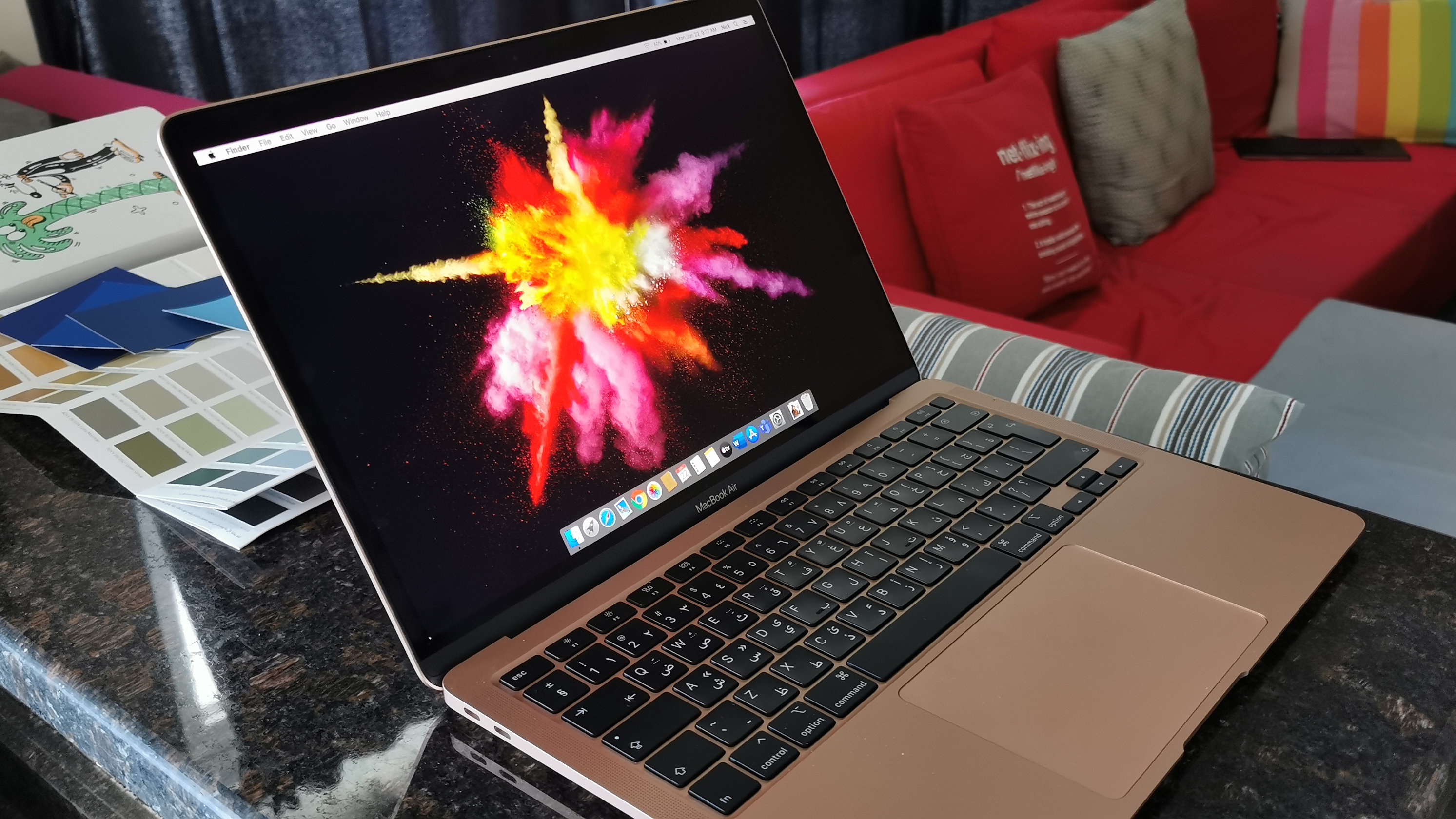Apple could bring ultra-fast 2nm silicon to Macs and iPhones as early as 2025
The first 2nm prototype was just developed last year

Sign up for breaking news, reviews, opinion, top tech deals, and more.
You are now subscribed
Your newsletter sign-up was successful
Apple looks set to introduce 2nm chips in its flagship iPhone and Mac products as early as 2025, according to the grapevine, making it one of the first companies with plans to do so.
The first 2nm chip prototype was produced by IBM just last year, so the process is nowhere near ready for mass production. According to DigiTimes Asia, semiconductor giant TSMC indicated that its 2nm node won’t be ready for general production until 2025.
Apple and Intel will be the first customers in line for this new process: For its part, Apple is looking forward to replacing the 5nm chips currently used in its iPhone and Mac with the new 2nm processor.
Before it can get there, TSMC is still ramping up its 3nm FInFET process for the latter half of 2022, with Apple being a major customer for the new 3nm chips.
There have been conflicting rumors about whether TSMC’s 3nm production process was behind schedule or not, so it’s unclear how any potential delays might affect the company’s timetable for the 2nm chips; 2025 is a pretty far away, after all, so anything can happen.
Analysis: beyond 2nm lies...what exactly?
As 2nm processors near the consumer market, the question of what will follow nears as well. At 2nm, you're really talking about transistors that are barely bigger than a string of atoms, and it is becoming physically impossible to make them much smaller.
Sign up for breaking news, reviews, opinion, top tech deals, and more.
It's a problem that we've known about for more than a decade now: the "end of Moore's Law", named for legendary Intel chief Gordon Moore who famously quasi-predicted that computer transistor density would double roughly every two years. That has been the case for the past six decades, but the microprocessor industry has encountered major headwinds now that we're into the single-digit nanometer scale.
Beyond that, we're looking a picometer, or a thousandth of a nanometer, about 100 times smaller than an individual silicon atom. Where the industry goes for new innovation and progress on the semiconductor front is unclear, but it definitely isn't there.

Named by the CTA as a CES 2023 Media Trailblazer, Allisa is a Computing Staff Writer who covers breaking news and rumors in the computing industry, as well as reviews, hands-on previews, featured articles, and the latest deals and trends. In her spare time you can find her chatting it up on her two podcasts, Megaten Marathon and Combo Chain, as well as playing any JRPGs she can get her hands on.